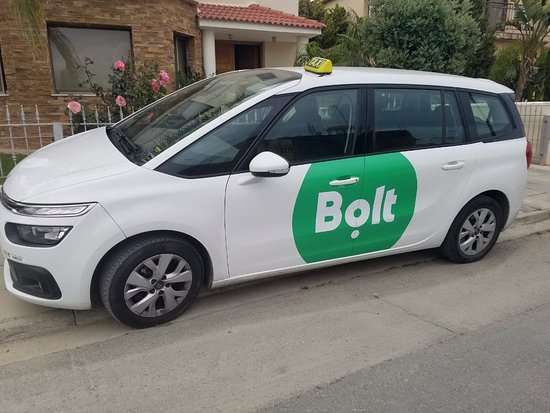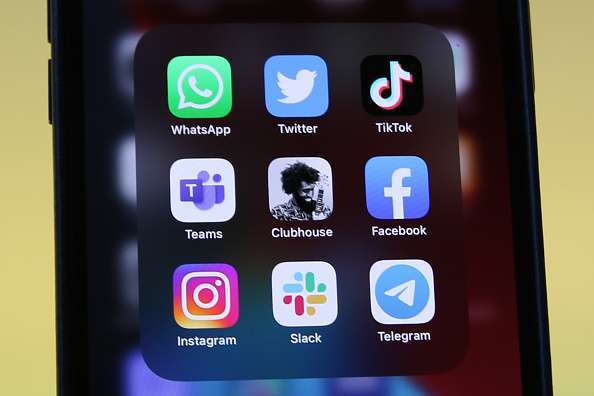Uber has increased its rates adding Sh10 to the minimum fare as a fuel charge to offset the recent jump in pump prices, following drivers’ outcry on declined earnings.
The firm reviewed its rates effective July 5 raising the minimum fare to Sh160 from Sh150 for the Uber ChapChap option, the low-priced and almost default service for most Kenyans.
The base fare — the price charged before the start of the trip — was increased by Sh8 to 108. The rate charged per kilometre was also raised to Sh26 from Sh25. The new rates are likely to be rejected by riders who have been pushing for higher rates to compensate them for the rising cost of doing business.
The rates are expected to act as fuel surcharge in response to an increase in the prices of petrol and diesel by Sh9 per litre in June.
The minimum charge for the more expensive Uber X remained unchanged at Sh200, but the company increased the rate per km to Sh39 from Sh38, with the base fare rising to Sh130 from Sh115.
Its main rival, Bolt is yet to review its rates but a source revealed the company will introduce a booking fee from as early as next week.
Uber’s review comes after Transport CS James Macharia announced new regulations that capped commission charged at 18 percent per trip.
“We have taken into account the rising cost of living and increasing cost of fuel. We remain committed to providing a reliable earnings opportunity for drivers as well as a reliable service for riders,” Uber said the announcement of the new price structure.
The introduction of the fuel surcharge comes after Uber head of East Africa Mr Imran Manji said the company was looking to balance increasing rates for the drivers to cover their costs while keeping riders.
Both Uber and Bolt have expressed fears of passengers dropping the number of riders they take in a month amid the biting cost of living and declining disposable incomes.
The increase in the rate for Uber has seen a trip that was previously charged Sh930 cost more to Sh1,160. Another trip charged Sh300 increased by Sh40 after the review indicating a 13 percent to 25 percent rise in cost to the rider.
Apart from fuel costs, drivers also decried high commissions that have been eating into their earnings.
Uber, Bolt and Little platforms have been charging 25, 20, and 15 percent of the ride fare, respectively, in addition to a 16 percent value-added tax introduced to digital services that are passed on to riders.
The commission cover promotion cuts to attract riders, operating costs, health insurance on the trip for the driver and the passenger, and support of safety button technology that passengers or drivers can press if their safety is in jeopardy.
Bolt, formerly Taxify, increased the partner commission fee from 15 percent to 20 percent in September 2019 while Little’s corporate service also increased the charges to 19 percent in 2020 citing growing operating costs. Hava app charges 10 percent.




